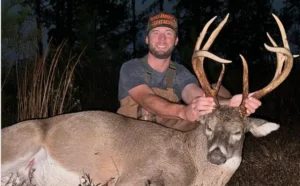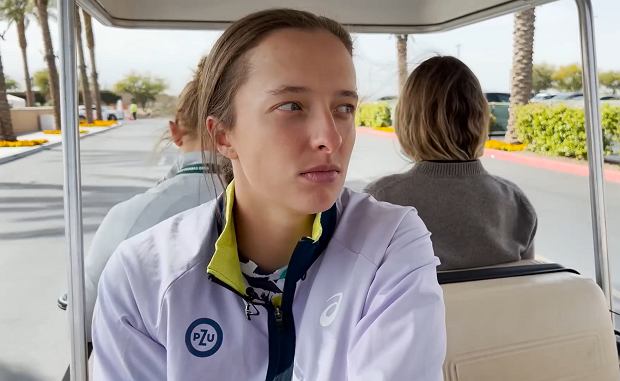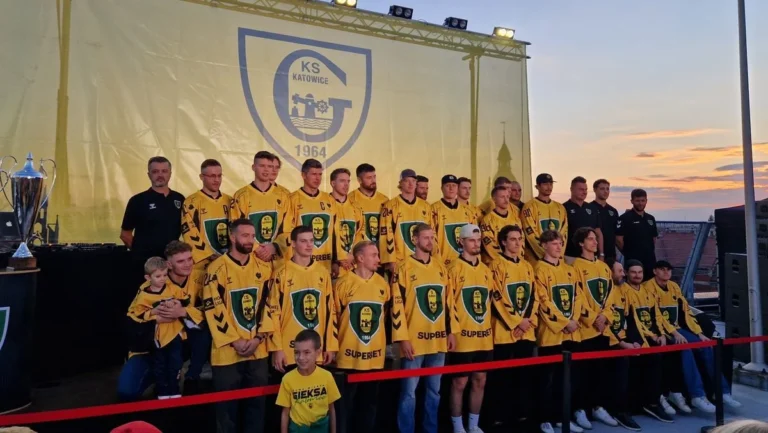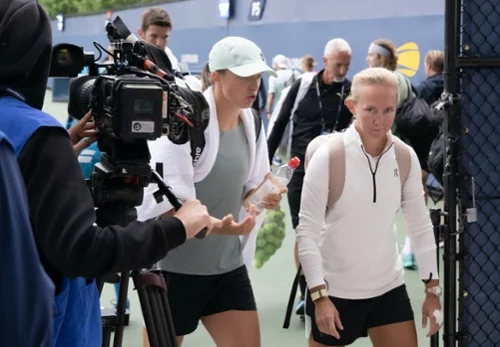American golfer Sam Burns poses with dead deer in ‘Maga’ brag
Sam Burns Sparks Controversy With Pro-Hunting Post and Trump Endorsement on Instagram Sam Burns, the 28-year-old American golfer and Ryder Cup team member, has ignited significant debate online after posting a controversial photograph on Instagram. The image featured Burns posing with a recently hunted deer, accompanied by the caption: “Deer hunting is great again!” The…
Sam Burns Sparks Controversy With Pro-Hunting Post and Trump Endorsement on Instagram
Sam Burns, the 28-year-old American golfer and Ryder Cup team member, has ignited significant debate online after posting a controversial photograph on Instagram. The image featured Burns posing with a recently hunted deer, accompanied by the caption: “Deer hunting is great again!” The caption was widely interpreted as a nod to the recent re-election of Donald Trump as President of the United States. Burns, donning a camouflage version of Trump’s iconic “Make America Great Again” cap, has polarized opinions both within and outside the golfing community.

Divided Reactions Among Followers and Golfers
The post quickly attracted attention, drawing sharp criticism and enthusiastic support from Burns’ followers. Some users expressed outrage, condemning the post as glorifying animal cruelty. Conversely, others celebrated Burns’ stance, praising his advocacy for hunting culture and his apparent support for Trump. Among the notable interactions, fellow professional golfers Billy Horschel and Rickie Fowler were seen liking the post, while Nick Dunlap, the 20-year-old ranked 30th in the world, humorously commented: “Where does one get such a hat?”
This isn’t the first time hunting and golf have intersected in controversy. Brian Harman, the 2023 Open Champion at Royal Liverpool, has previously spoken openly about his passion for hunting, earning himself the nickname “The Butcher of Hoylake.” Harman has consistently defended hunting, describing it as an ethical way to source food while respecting nature.
Harman’s Perspective on Ethical Hunting
In an interview with Golf Digest, Harman elaborated on his philosophy regarding hunting:
“I love hunting. My brother and I do a lot of turkey hunting. I love to deer hunt; I do a lot of bow hunting. We also duck hunt. Two years ago, I killed the biggest deer of my life. But I don’t shoot deer that aren’t mature. A lot of people say it’s cruel to kill an animal, but for me, it’s about sustainability. Instead of depending on a grocery store for meat, I kill an animal that’s lived freely and is about to die anyway.”
Harman also emphasized the personal responsibility involved in the process:
“I butcher the animal myself, take care of the meat, and either eat it or share it with others. My goal is to leave the land in a better state than I found it. I have great respect for wildlife.”
Harman’s perspective has sparked mixed reactions but highlights a broader cultural conversation about hunting ethics, conservation, and sustainability.
Hunting’s Place in American Culture and Politics
Hunting is deeply embedded in American traditions and remains a legal activity in most U.S. states, provided hunters obtain the necessary licenses. The recent presidential campaign further highlighted the political significance of hunting. Minnesota Governor Tim Walz, who served as Kamala Harris’s running mate, openly discussed his interest in hunting.
The Harris-Walz campaign even launched an initiative titled “Hunters and Anglers for Harris-Walz” to mobilize support among rural voters, sportspeople, and conservationists. The program was designed to appeal to those who value sustainable hunting and fishing practices while addressing concerns about gun violence and wildlife preservation.
Burns’ Post in Context
Burns’ Instagram post reflects the intersection of sports, culture, and politics, underscoring how public figures can influence and reflect societal divides. His apparent endorsement of Donald Trump, coupled with his promotion of hunting, has resonated with some and alienated others, placing him at the heart of a contentious debate.
While some see Burns’ post as an expression of personal freedom and tradition, others view it as a controversial statement at odds with modern ethical and environmental concerns. The response highlights the broader cultural and political divides in America, with Burns’ actions serving as a flashpoint for discussions about wildlife conservation, hunting ethics, and political identity.
As the dust settles, it remains to be seen whether Burns will address the controversy further or continue to embrace his polarizing role in the public eye.






